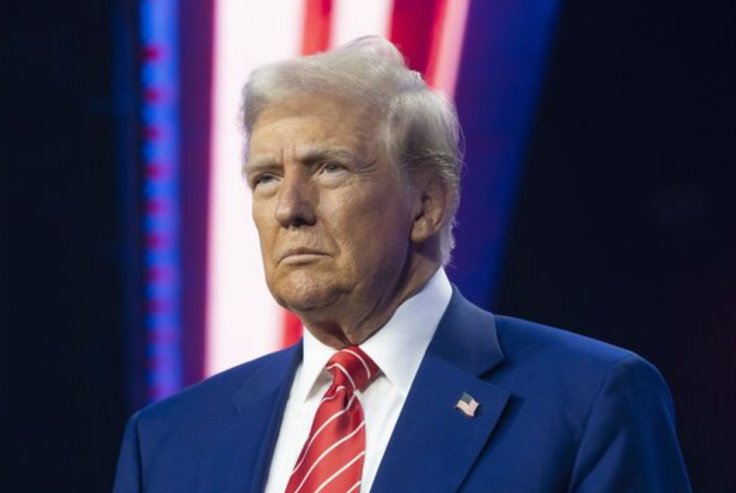
President Donald Trump has started his second term with historically low approval ratings, making him the least popular newly elected president since World War II. Recent polling averages indicate that his job approval numbers are significantly lower than those of his predecessors.
A new survey shows that Trump's approval rating is hovering around 50%, while 43% of respondents disapprove of his leadership so far. This marks a rough start compared to past presidents. When he first took office in 2017, Trump had a 44.6% approval rating with 41.4% disapproval, giving him a net approval of +3.2%. In contrast, Joe Biden entered office in 2021 with a +22% net approval, while Barack Obama had a strong +47% in 2009. Even George W. Bush, despite a controversial election, started his presidency in 2001 with a +28% net rating.
Trump's executive orders and policy decisions have sparked mixed reactions. A Reuters/Ipsos poll found that his overall approval rating stands at 45%, showing a slight decline from previous data. Certain decisions have fueled public opposition, particularly his move to end birthright citizenship, which 59% of respondents disapprove of. Another widely criticized policy is his proposal to rename the Gulf of Mexico as the "Gulf of America," which has drawn 70% disapproval.
Despite these setbacks, Trump maintains some support in key areas. According to an Echelon Insights survey, 51% of respondents approve of his overall performance. His economic policies hold a 50% approval rating, while 40% disapprove. His immigration strategies receive slightly stronger backing, with 55% in favor and 40% opposed. However, 54% of Americans reject his proposals to expand U.S. territory.
One of Trump's most controversial actions so far has been his mass pardoning of over 1,500 individuals involved in the January 6 Capitol riot. A recent AP/NORC poll found that only 21% of Americans support the decision, while the majority believe the rioters should face consequences. Critics argue that the move undermines the rule of law and sets a dangerous precedent.
As Trump's presidency progresses, experts predict that his approval ratings may continue to fluctuate. Key decisions on domestic and foreign policies will likely influence public opinion further. Analysts believe that economic performance, immigration policies, and international relations will be critical in shaping Trump's legacy during his second term.
Despite facing significant criticism, Trump has remained defiant, defending his policies as necessary for America's future. His supporters argue that his leadership style is misunderstood and that his policies will benefit the country in the long run. However, with historically low ratings at the start of his second term, he faces an uphill battle in winning over a skeptical public.
Political observers will closely watch whether Trump's approval improves over time or continues to decline. The coming months will be crucial in determining how his presidency unfolds and whether he can shift public perception in his favor.









